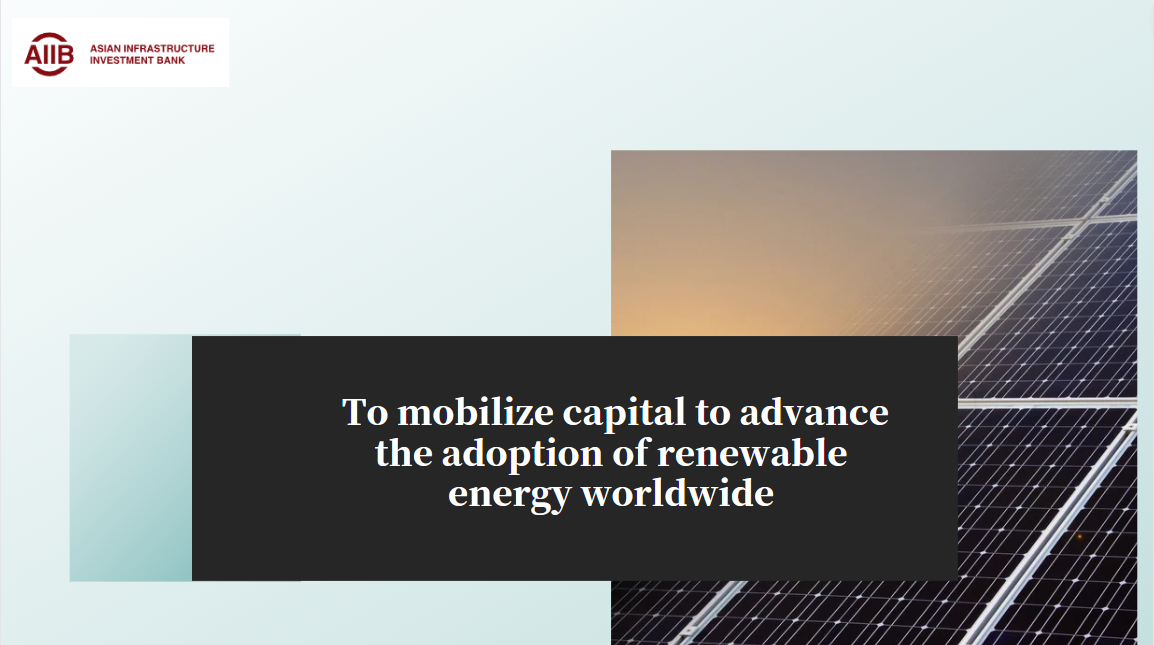China, ASEAN eye closer economic and trade ties during upcoming China-ASEAN Summit, with digital cooperation, green economy in spotlight: experts
As the 26th China-ASEAN Summit is just around the corner, Chinese experts said on Monday that during the summit, China and ASEAN are expected to upgrade the quality of China-ASEAN economic and trade cooperation, noting that against the backdrop of sluggish global economic growth, China-ASEAN sustainable cooperation will give continuous impetus to the development of the world economy.
At the invitation of President Joko Widodo of Indonesia, the current chair of the ASEAN, Chinese Premier Li Qiang will attend the 26th China-ASEAN Summit, the 26th ASEAN Plus Three Summit and the 18th East Asia Summit to be held in Jakarta, Indonesia from Tuesday to Friday, and pay an official visit to Indonesia.
According to China's Foreign Ministry, this is Premier Li's first visit to an Asian country since he took the post and the first visit to Indonesia by a Chinese premier in five years.
Digital economy cooperation, new-energy vehicles, the green economy and other emerging areas are of interest to ASEAN members, and are also the most likely areas of cooperation between China and ASEAN countries, which is important for both parties to improve and upgrade the quality of their cooperation, Xu Liping, director of the Center for Southeast Asian Studies at the Chinese Academy of Social Sciences, told the Global Times on Monday.
Experts also expected key progress could likely be made in Version 3.0 China-ASEAN FTA.
In November 2022, China and ASEAN jointly announced the official launch of the negotiations on the Version 3.0 China-ASEAN FTA. The two sides agreed that the negotiations will cover fields including trade in goods, investment, and the digital and green economy, so as to build a more inclusive, modern, comprehensive, and mutually beneficial China-ASEAN FTA.
Many ASEAN members are also looking forward to signing bilateral FTAs with China, as they have seen the benefits of countries including Singapore and Cambodia signing FTAs with the world's second-largest economy, Zhou Shixin, director of the Institute for Foreign Policy Studies at the Shanghai Institute for International Studies, told the Global Times on Monday.
From September 16-19, the 20th China-ASEAN Expo will be held in Nanning, South China's Guangxi Zhuang Autonomous Region. More than 40 countries and regions will participate in this year's event and it is expected to see the signing of projects with an investment value of more than 400 billion yuan ($55 billion).
Manufacturing projects will account for more than 40 percent, helping to create a more open and inclusive platform for economic and trade cooperation, according to China's Ministry of Commerce (MOFCOM).
In recent years, the China-ASEAN trade "cake" has continued to grow, with bilateral investment and cooperation bursting with vitality.
As of July, cumulative two-way investment between China and ASEAN members had exceeded $380 billion, and more than 6,500 enterprises with direct investment had been set up in ASEAN.
The two sides relied on the "Two Countries, Twin Parks" project to build economic and trade innovation and development demonstration parks, opening a new channel for ASEAN to integrate into China's opening-up strategy.
Against the backdrop of sluggish global economic growth, China-ASEAN cooperation will give impetus to the world's economic development due to their sustainable cooperation and growing trade, Xu said.
With the release of dividends from the Regional Comprehensive Economic Partnership Agreement and the deepening of the construction of the China-ASEAN FTA, China's and ASEAN's positions as each other's largest trading partner has been further consolidated.
Data from the MOFCOM showed that bilateral trade stood at $975.3 billion in 2022, up 11.2 percent year-on-year and a 1.2-fold expansion over a decade.
China and ASEAN are releasing the dividends of their institutional opening-up, and further promoting liberalization and the facilitation of trade and investment. This bilateral cooperation is promoting globalization and trade liberalization, which are all a kind of counterattack to the anti-globalization trend of "decoupling," Xu noted.




















































First, please LoginComment After ~